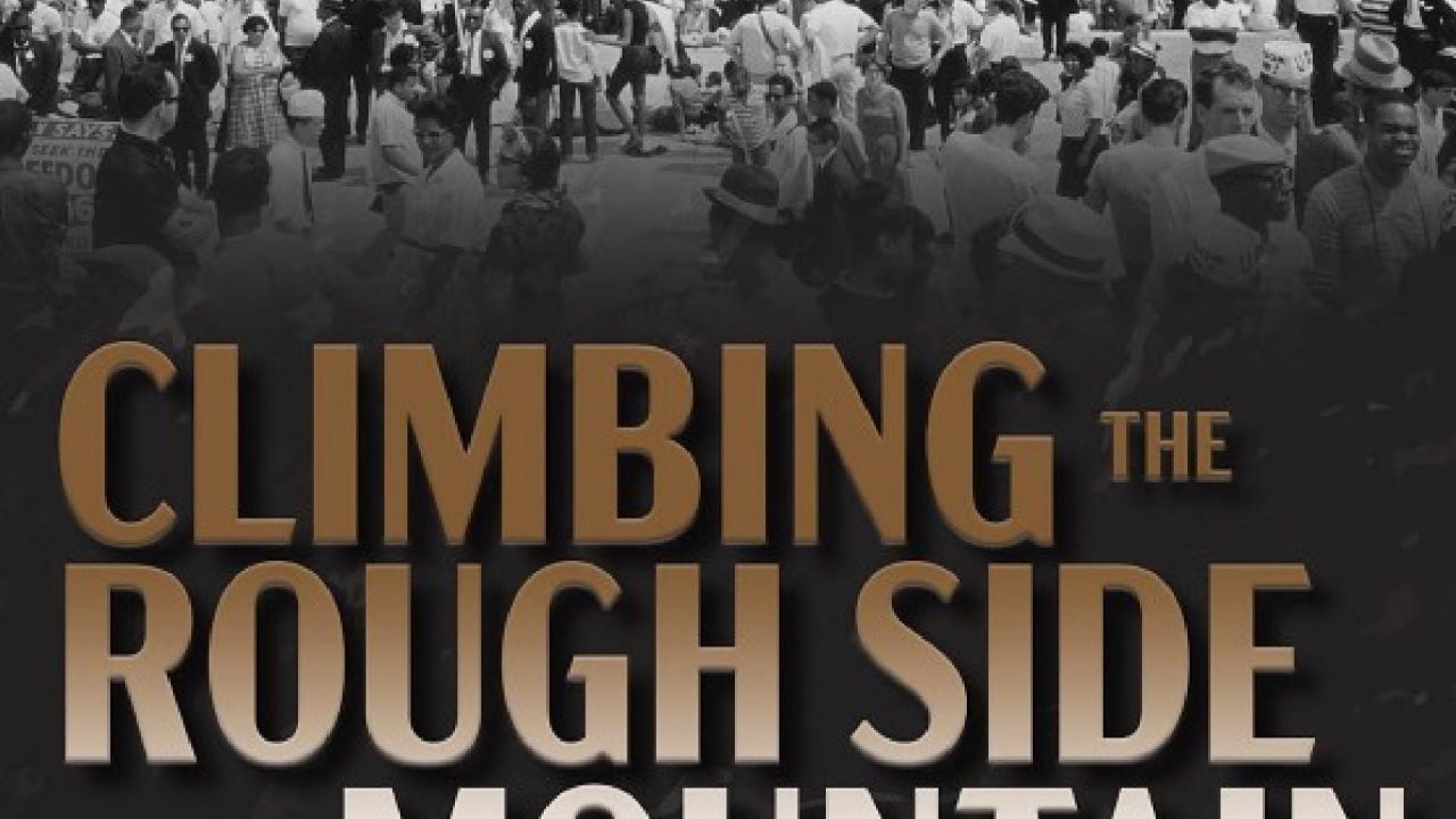
Civil rights heroes Norman Hill and Velma Murphy Hill have released a new book: “Climbing the Rough Side of the Mountain: The Extraordinary Story of Love, Civil Rights and Labor Activism.”
What prompted the two to tell their story now? As Velma Murphy Hill told ESSENCE, “In this period, we must choose freedom over tyranny, love over hate through coalition politics and nonviolence to build a society with racial equality and economic just for all.”
The book’s title evokes the message and lyrics behind Rev. F.C. Barnes’ popular gospel song, entitled “Rough Side of the Mountain.”
“We have organized, marched, participated in sit-ins and wade-ins, and gotten ourselves arrested, yelled at, browbeaten, harassed, even bloodied,” write the Hills in their memoir.
“We have demonstrated and strategized from Chicago to Selma, from Montgomery to Mississippi, from Washington, DC, to Atlanta, from coast to coast; and then, around the world, including apartheid South Africa, Brazil, and Israel,” the book continues.
Indeed, the Hills were an integral part of the civil rights rights movement. According to Dissent Magazine, “A. Philip Randolph and Bayard Rustin acted as their mentors through every major event in the fight for civil rights.”
Netflix recently released Rustin, which tells the story of “[a]ctivist Bayard Rustin…as he helps change the course of Civil Rights history by orchestrating the 1963 March on Washington.” However, an IMDb search reveals that while Mr. Hill will be portrayed, Ms. Hill is not listed as a character.
But this book will ensure that the work of both Velma Murphy Hill and Norman Hill will be remembered.
An unsung hero of the movement, it was almost inevitable that Ms. Hill would find her way to activism. “My mother was a trade unionist, and she took me on picket lines…As a kid, I was taught you’ve got to fight for what you believe in.”
In 1960, at only 21 years of age, Ms. Hill was president of the NAACP Youth Council in Chicago. Her future husband was leading “an integrated group of young people in a protest at Lake Michigan’s Rainbow Beach, which was racially segregated by practice, not law.”
Soon after, the two were married, and Murphy Hill “became a field secretary with the Congress of Racial Equality (CORE).
Thereafter, the two would go on to continue their crusade for justice. Ms. Hill would later serve “as an assistant to the president of the United Federation of Teachers and became the American Federation of Teachers vice-president. She later worked as the Civil and Human Rights Director and the International Affairs Director for the Service Employees International Union.” Her husband cofounded the A. Philip Randolph Institute (APRI) with Randolph and Rustin,” of which she was also a founding board member.
“My husband and I decided if we couldn’t change the world, we would change a little corner of it,” said Ms. Hill.